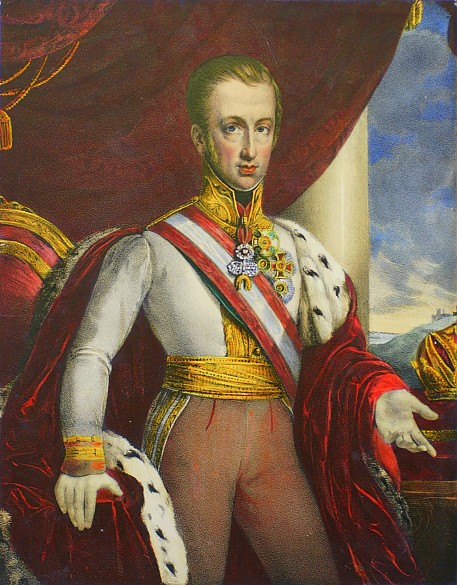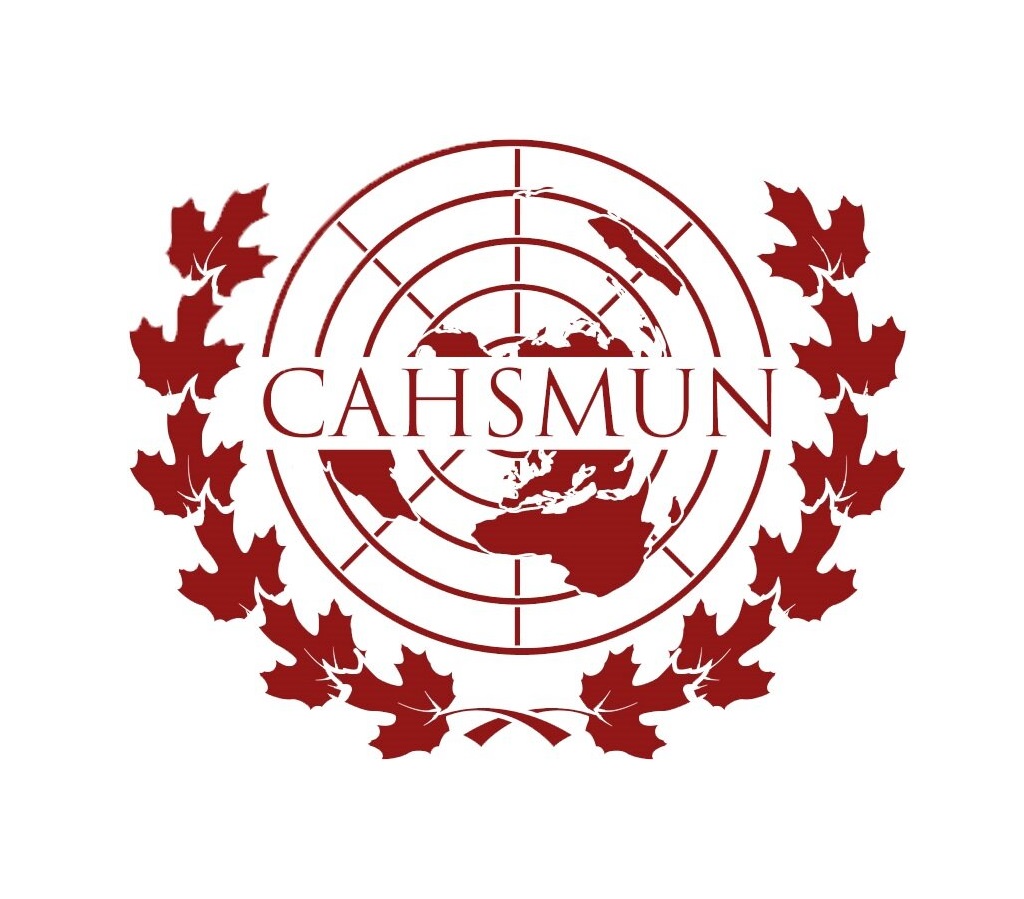
Following the actions of mass protesters in Sicily, the delegates in the ECC engaged in a frenzied and somewhat repetitious debate. Protesters flocked to the streets of Sicily with demands for greater political representation and an end to oppressive monarchies. In response to the protests, King Charles Albert, the ruler of the increasingly poor Kingdom of Sardinia, spoke out against “the Austrian regime” in Northern Italy and recklessly encouraged the civilians to carry on with their protests.
Unsurprisingly, this opinion was not taken kindly, as many delegates began defaming the character of King Charles and imploring the masses to reject King Charles’s message. Yet, King Charles forged ahead, sending troops to Sicily to support the protests and fuel the hate and violence towards the monarch.
King Charles confided in our journalist, expressing his belief that Emperor Ferdinand I of Austria was a weak and incompetent ruler due to his severe epilepsy, which he believed to be a hindrance to effective governance.
Labelling Emperor Ferdinand as weak is not only inaccurate but also a disservice to his noble character and unwavering commitment to his people and empire. Emperor Ferdinand I faced unprecedented challenges during his reign, which was marked by the tumultuous period of the Revolutions of 1848. Rather than cower in fear, he navigated these turbulent times with dignity.
King Charles Albert did not hesitate to voice his skepticism regarding his unjust belief in the emperor’s inability to rule and his discontent with the current state of Northern Italy, even going to the point of an attempted assassination. To this end, the delegates of ECC banded together to, as put by an anonymous delegate, “publicly condemn King Charles for speaking out against our epilepsy king.” This condemnation was spearheaded by Emperor Nicholas I of Russia in an attempt to curb the aggression being presented by King Charles, who was seen as a destabilizing force in the region.
The sentiment that Emperor Nicholas was receiving from King Charles Albert was that of stark violence, particularly highlighted by his attempt on Emperor Ferdinand’s life. Emperor Nicholas I believed that King Charles Albert carried out the attempted assassination because he felt threatened by the growing influence of the monarch. The public condemnation of Charles was seen as a necessary step to prevent further violent actions and maintain peace among the European nations. This rash decision about an attempted assassination ordered by King Charles proved to the Austrian Empire that King Charles was a violent and unscrupulous ruler with no care for the lives of the people. His behaviour undermines the very principles of responsible leadership.
In the midst of King Charles’s violent actions, the powerful states of Russia, Prussia, and Austria united to establish “The Holy Alliance.” This alliance aims to maintain the status quo and suppress any revolutionary movements that threaten the existing order and the power of the monarchy. The Holy Alliance member states began to modernize their army and dispatch troops to defend Poland along with other nations. Additionally, as a purely defensive mechanism, Emperor Nicholas, in an attempt to immobilize the revolutionaries, provided the radicals with substantial amounts of opioids because Emperor Nicholas I identified an absence of opioids in the lives of the revolutionaries.
Notably, many delegates reported on Emperor Nicholas’s deep abhorrence toward flies in the committee room. Sources state that Emperor Nicholas’s hostility towards flies serves as a metaphor for the protestors in Europe. This metaphorical connection between flies and revolutionaries highlights the Emperor’s deep care for the citizens and his mistrust for King Charles and his ‘flies’ (protestors).
